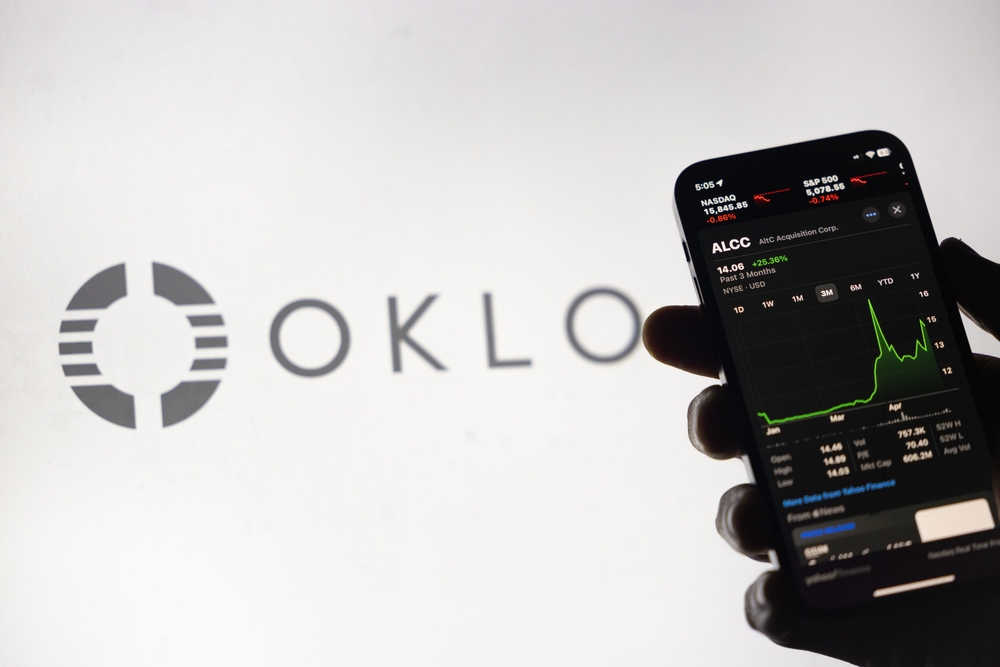
Oklo (OKLO) made headlines last week with a bold announcement of plans to build a new facility in Tennessee that will turn nuclear waste into fuel.
The idea — a longtime staple of science fiction, from Back to the Future’s Mr. Fusion device to futuristic reactors in The Expanse — is close to reality, with Oklo claiming it can literally power its advanced reactors with nuclear byproducts.
However, investors may want to temper their enthusiasm.
On Thursday, the Silicon Valley–based nuclear startup unveiled plans for a $1.68 billion project in Oak Ridge, Tennessee.
The first phase will be a recycling plant that processes used nuclear fuel into material for fast reactors such as Oklo’s Aurora “powerhouse.” According to the company, it would be the first facility of its kind in the U.S., potentially creating a clean and reliable new energy supply.
The catch is that the facility isn’t expected to begin operations until the “early 2030s,” and only if it clears significant regulatory hurdles.
That long lead time might not be a problem for a company with steady revenues, but Oklo has yet to generate a dollar of sales. In fact, despite being founded in 2013, it remains firmly in the so-called “pre-revenue” phase.
Nevertheless, Oklo’s stock trades at a nearly $10 billion market cap, which looks more speculative than grounded in current fundamentals.
Skepticism builds
Oklo has long promised it will have an operational reactor (and revenue) by 2027. But some analysts remain unconvinced.
Earlier this year, stock analyst Nobody Special noted on X that Oklo doesn’t “even have a product, as the NRC has rejected their application for the Aurora reactor.” He added that there is “zero chance” the company meets its 2027 target.
$OKLO is up 24% today. The company has no profits & no sales. They don't even have a product as the NRC has rejected their application for the Aurora reactor. There is zero chance they meet their 2027 target for an operational reactor. This is a deeply unserious market. pic.twitter.com/nODs2Ld75Y
undefined Nobody Special (@JG_Nuke) January 3, 2025
The Nuclear Regulatory Commission (NRC) did, in fact, reject Oklo’s application in early 2022, and no approval has been granted since.
At the time, Andrea Veil, director of the NRC’s Office of Nuclear Reactor Regulation, said the filing contained “significant information gaps” in its description of potential accidents and its classification of safety systems and components.
Despite such skepticism, Oklo’s shares have rallied sharply. Even after a 20% pullback over the past month, the stock is still up 215% year-to-date — and an eye-popping 1,050% over the past 12 months.
Markets are clearly betting on Oklo’s future growth, but whether such lofty valuations are justified remains uncertain as the company still works toward commercialization.
Your email address will not be published. Required fields are markedmarked